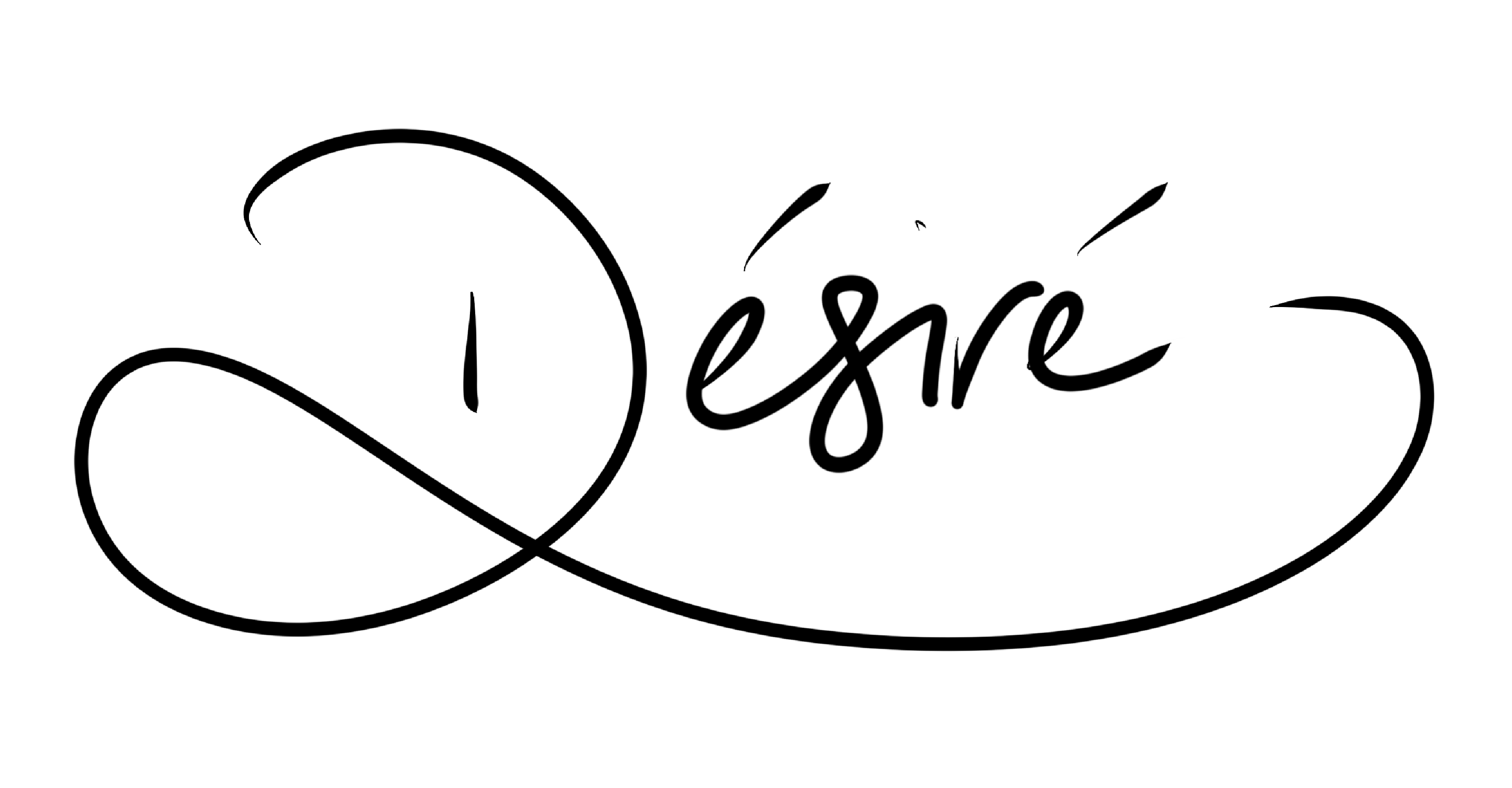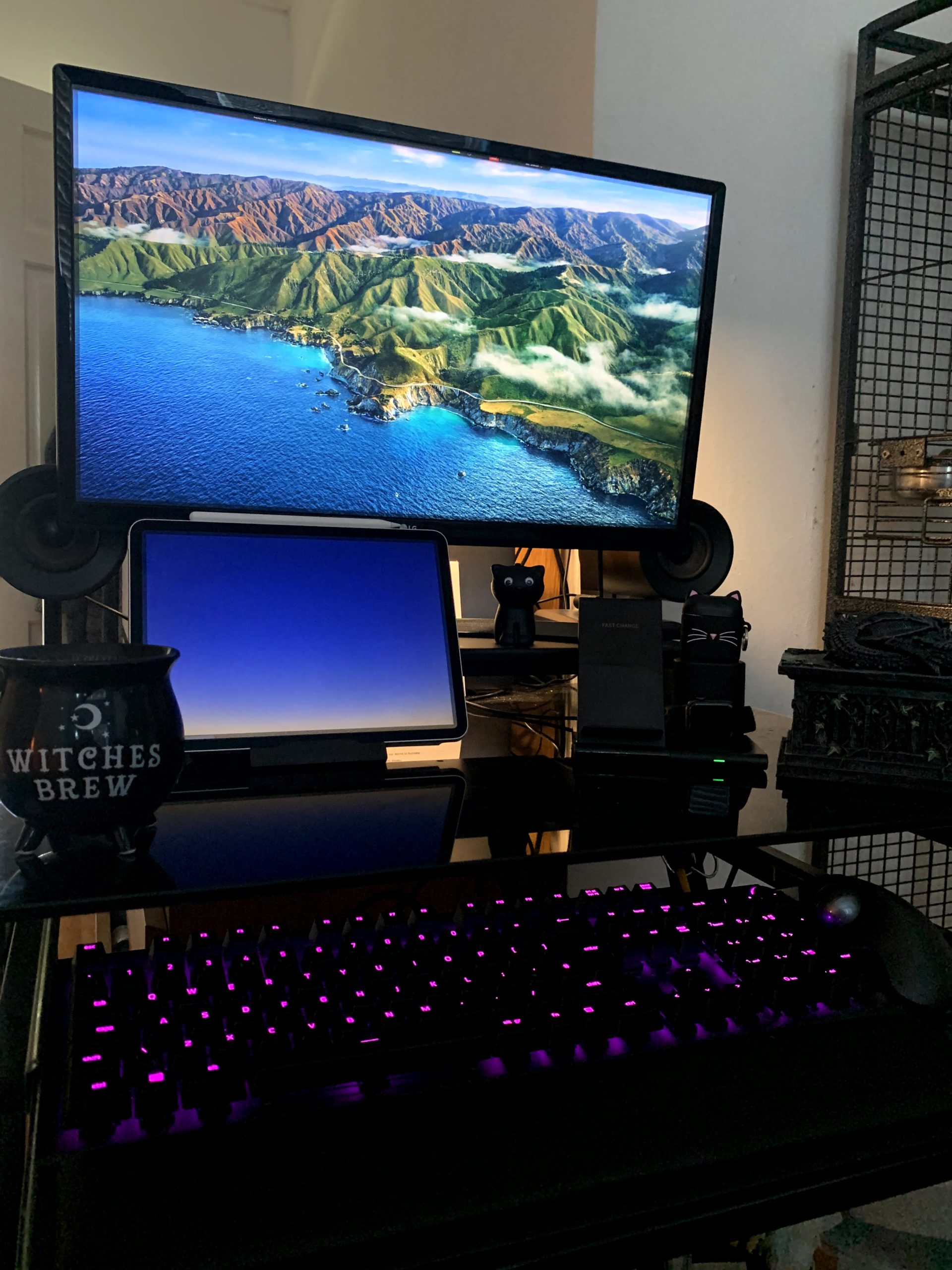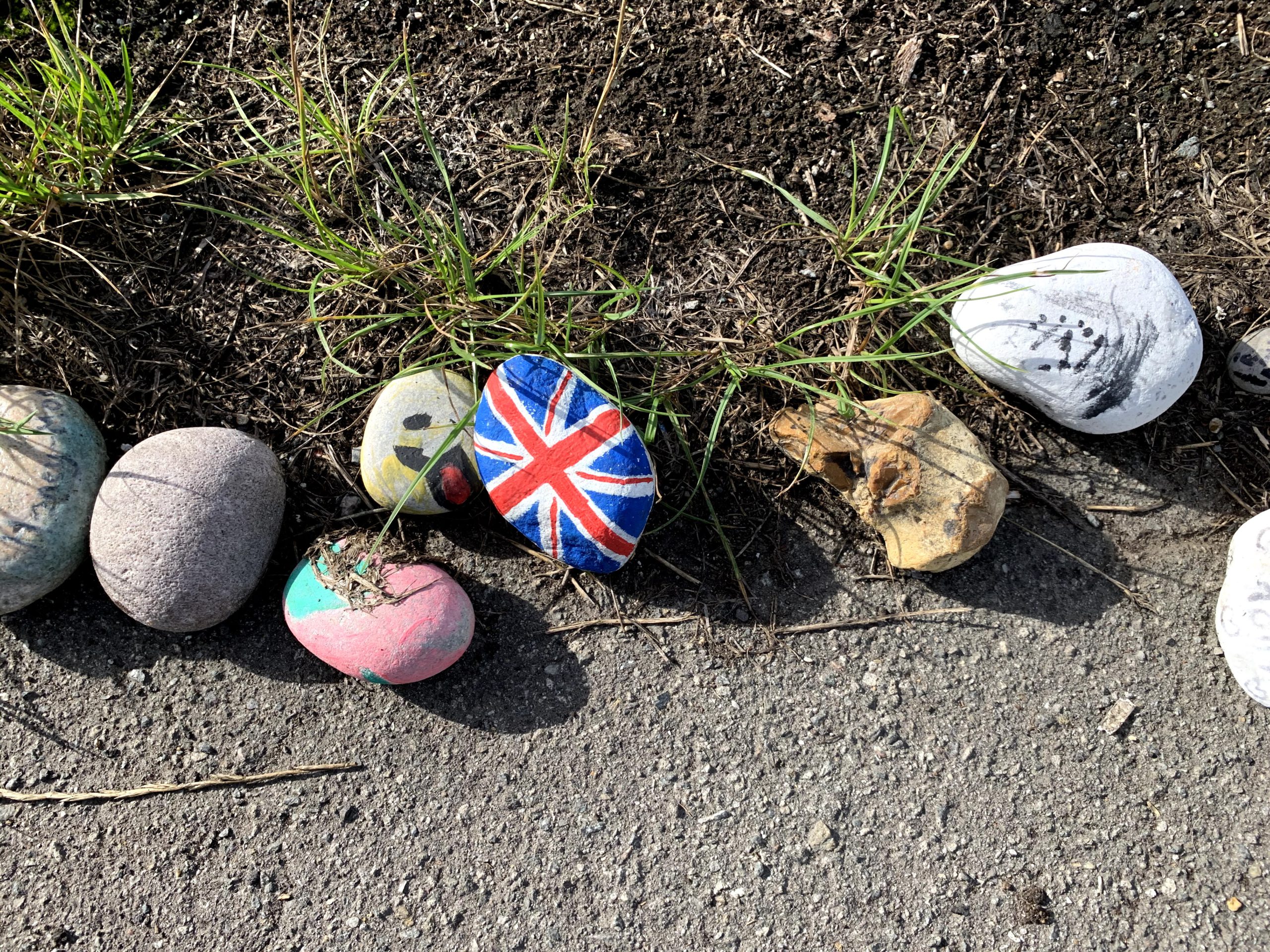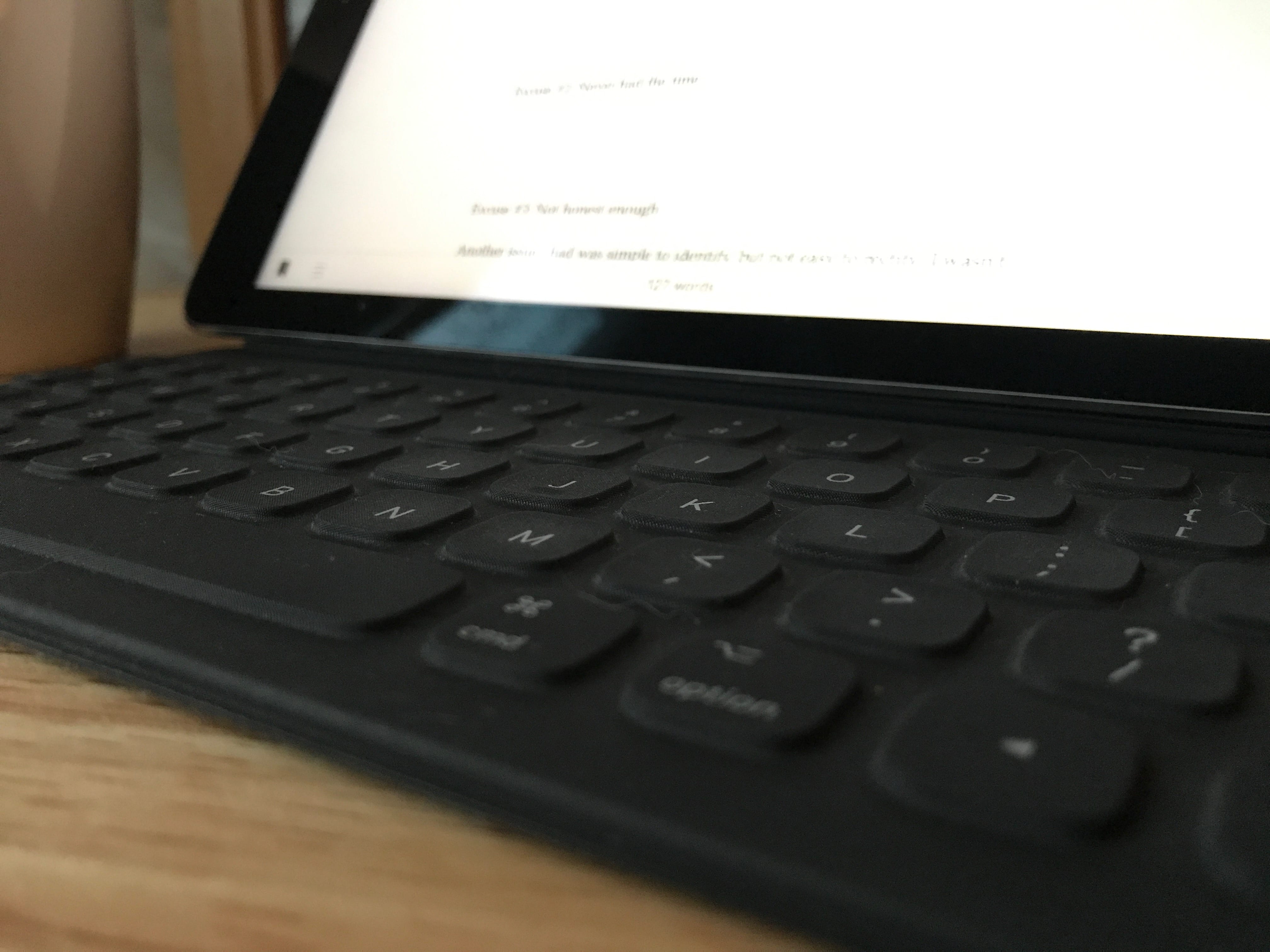Quite recently, I’ve received a number of messages through LinkedIn for people offering me jobs in places I wouldn’t even dream of working in. Nairobi, Kenya, Zimbabwe, just to name a few. I’m used to these scams, so at most times, I don’t even open the message. <delete>
Recent international news reports have shone some light on this matter, since there have been an increase in victims falling trap on the professional social network, Linkedin. These scammers are targeting job seekers, and even offshore employers.
There is one blanket rule: NEVER GIVE OUT PERSONAL INFORMATION online, ever. You have to remember that the internet does NOT have a “Delete” button and even if you remove the information, it’s still there, sitting on that website’s server; invisible to you, but very visible to the trained hacker/scammer. But in this age of technology, e-commerce and social networking, it’s hard to stay offline.
On your resume, you’d want to attach certain information so that a potential employer can contact you. In my case, my mobile contact number is on there, but not anything more personal. Do not expose any financial information, or any information which may put you in a compromising position. Hackers are everywhere, and they are growing in numbers as we move into this digital era. (You know that the world has changed when criminal hackers make more money than drug lords). So, again, protect yourself.
Dayna Steele, who has been using LinkedIn for years, networking and connecting job seekers with people looking to hire, has a perfect piece of advice for those looking for opportunities online:
“And you can be perfectly honest and say I’m extremely flattered, but there are scams going on around right now, and I would just like to be able to call you back and confirm this information.”
Don’t open any links if you’re not absolutely certain that it’s a safe website. If a website is asking for personal and financial information, be very careful and ensure that it’s a verified website before entering any of your information. Try to use systems like PayPal or Google Wallet to make payments online. Shop from a limited number of websites. Personally, I try to buy local, but when I do purchase something online, I shop from Amazon. I try not to purchase from anywhere else, so that when I see something suspicious on my statements, I track it down like a hound, and I find the source.
Again, I reiterate, please be careful with where you’re putting your information. Think twice before you link your account with an app, or enter some information which can compromise you later on. Ask yourself some questions:
Do I need to do this/input this information? Do I need to do this/input this information NOW? Will this compromise me later down the road? Can it become harmful?
And those questions should be asked regardless of what you’re doing; it doesn’t have to be online.
***
If you have any questions, have a suggestion or need some advice, feel free to leave it in the comments. And don’t forget to BOOKMARK and SHARE this article!





